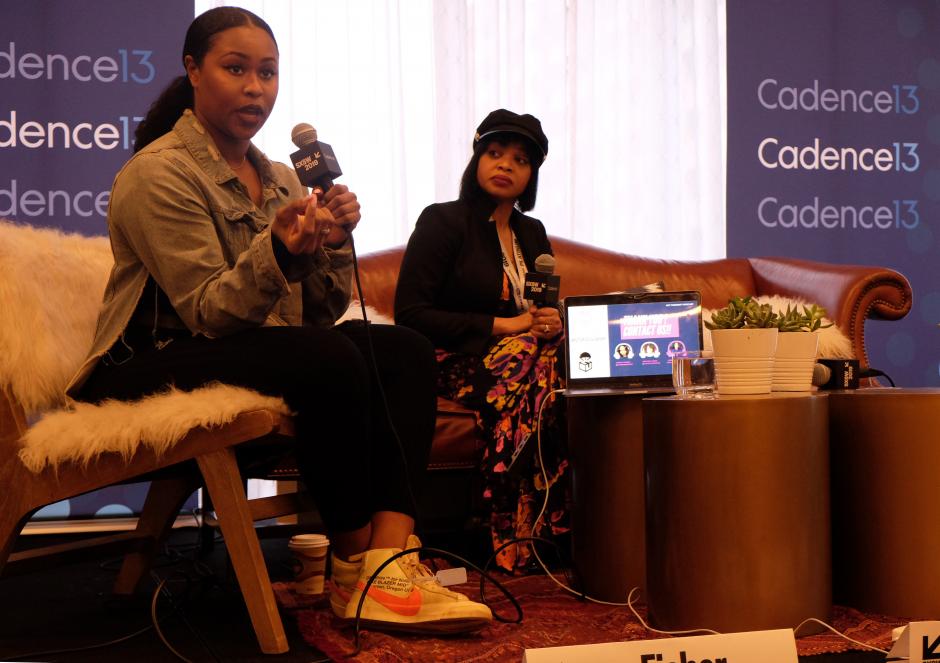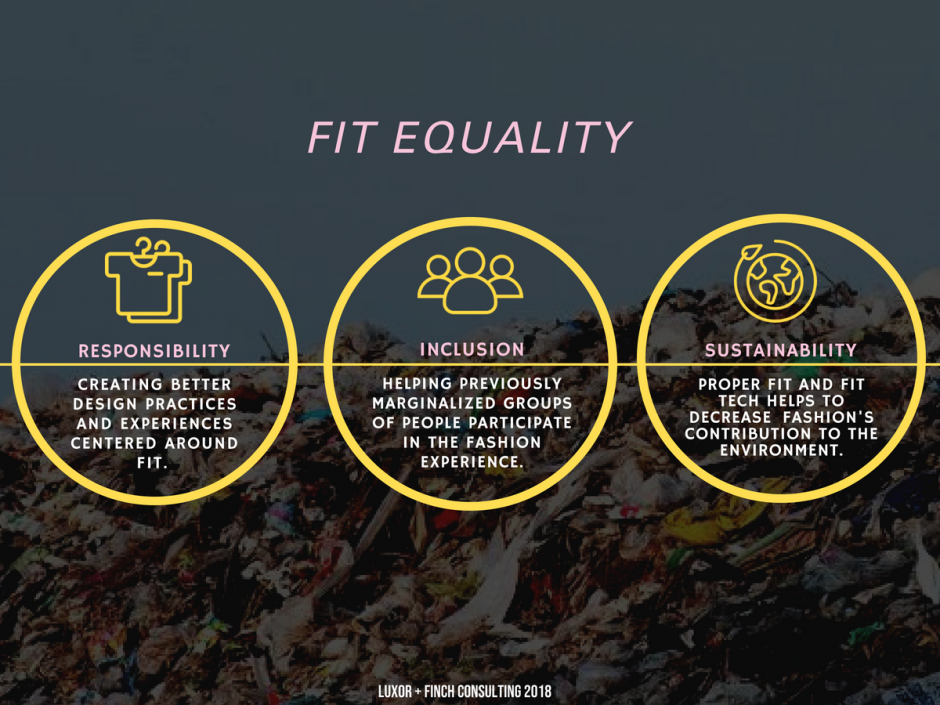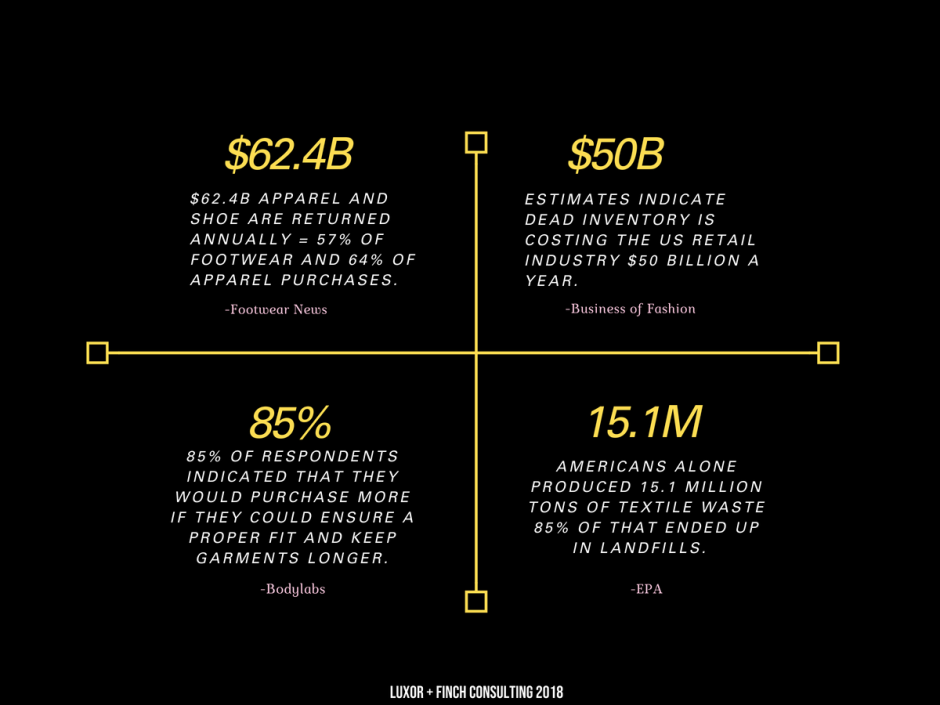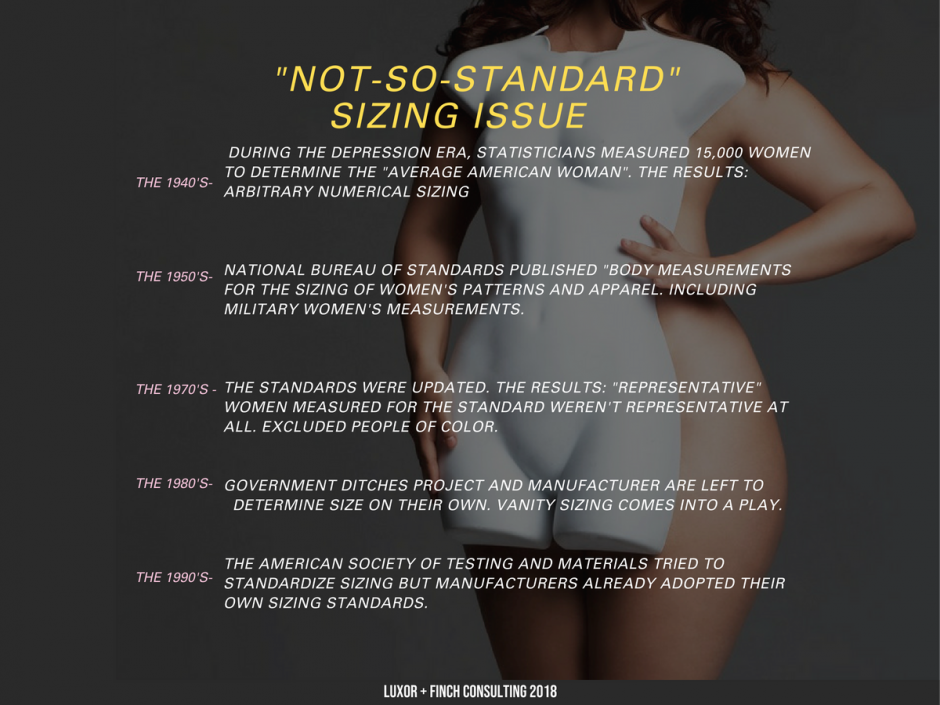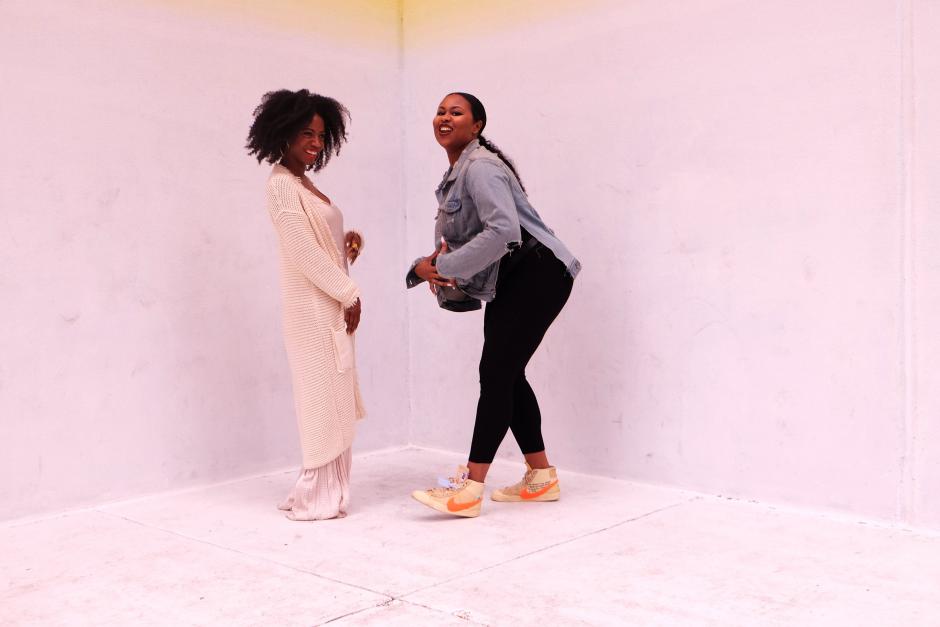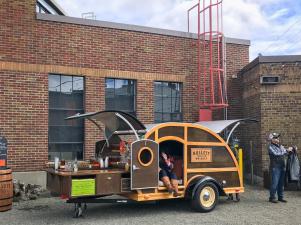Fit Technology
Jessica Couch’s perspective on representation, sustainability, as those pertain to fashion and fit was the perfect “fit” for the #BTSPodcast SXSW partnership with Trendscaping. The way she lays a foundational road map to solve these typically separated, though inherently intertwined, issues in the industry is exactly the same type of holistic approach that attracted me to Trendscaping’s content and mission, to begin with (for context, read Trendscaping’s “about” section here.) These solutions are the driving force behind Jessica’s consulting agency, Luxor and Finch, where she works with brands to solve these problems in ways that are more profitable and socially responsible.
If you caught the previous and first episode in the #BTSPodcast SXSW coverage in partnership with Trendscaping, “#BTSPodcast with Brittany Hicks,” it may be relevant to know that we recorded prior to Brittany Hicks, Jessica Couch, and Jennifer Fisher’s SXSW panel: “Fashion’s Fit Issue: Representation and Tech.” While you may have heard Brittany cite a few tidbits from Jessica during the episode, it wasn’t until their session that I began to wrap my head around the work Jessica does with her consulting agency Luxor and Finch. I was truly, and am still blown away, and feel there is so much to learn.
Jessica and I discuss how she advises retailers and fashion brands in leveraging the right technology to get the right fit. Why is this important? First off, you should listen to the episode. Jessica answers this question during our conversation and is continually addressing the subject with well-researched articles backed up with statistics, and illustrating problems and solutions with excellent infographics. In short, the lack of technology, representation, and the silo-ed work processes in the fashion industry are not serving consumers, employees of the fashion industry, or the world around us in a multitude of ways.
We discuss these factors and improved planning concepts for brick and mortar retailers using technology. With $50B worth of dead inventory in stores, as mentioned in the episode, you can’t help but wonder, “why so much stuff?” As someone with a background in the humanities and marketing, the psychology of keeping shelves stocked makes sense: stores look better when stocked. However, there are sustainable ways to keep a store esthetically pleasing and visually stocked, while not being wasteful. This is just one subject of many that Jessica and I dig into as it pertains to her expertise.
In addition to the main topic of our conversation and referencing Artificial Intelligence from The New Yorker article Are Robots Competing For Your Job, Jessica also shared some “behind-the-scenes” on the application process for SXSW. Applying to these sort of things is wildly daunting to me. I’ve (perhaps naively and probably foolishly) often assumed that if someone wanted me on a panel… they’d ask. As I’ve gotten more insight into the selection of who is put forth in conversations as subject matter experts, I’ve come to realize, we have to put ourselves forward if we want to be heard. If I feel this way, I imagine others do too. If you’re empowered to apply for an SXSW session thanks to the info Jessica shares, let me know! I’d love to support, attend, and also, it would warm my heart.
Please feel free to share your thoughts surrounding this episode, and as all podcasts request, please subscribe, rate, and review. Thank you!
--
Lynae Cook is a digital strategist and artist, with a background in sociology and photojournalism. She created #BTSPodcast to humanize workforces, educate consumers, and inspire career options. Connect with her on Instagram & Twitter or the #BTSPodcast on Facebook & Twitter.
Insight Location
Photo Credits
Photography by Lynae Cook

